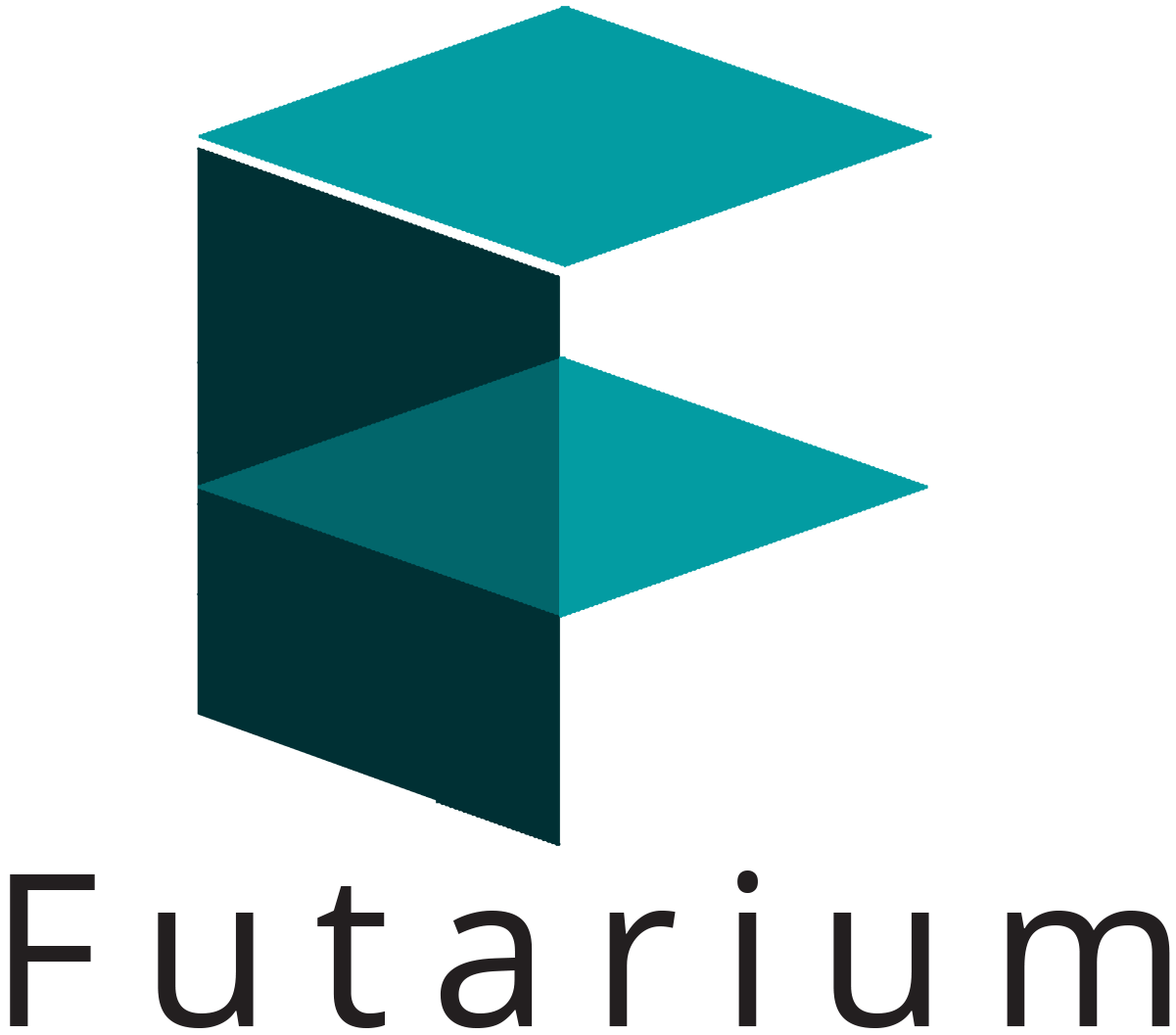The universities, colleges, and awarding organisations work with integrity and professionalism to ensure that the person receiving the award has earned it by working hard and going through a proper assessment process.
However, some might be exposed to incentives, and that can increase the risk of fraud or malpractice.
Each year millions of certificates are awarded to learners across the globe. These are awards can confirm:
- personal achievement
- enables access or progression to a profession or occupation.
- provide permission to practice
The above reasons create enough incentive for fraudsters to offer such certification to individuals who knowingly or unknowingly fall prey to such temptations.
Another area of fraud is the manipulation of the CV. It is estimated that at least 65% of the CVs contain incorrect or tweaked information.
Blockchain technology can be used to create transparent and verifiable certificates and CVs. This is possible as the information stored on the blockchain is immutable and there is always an audit trail of the changes made.
This is a new technology and there are few providers of these services.
- Blockcerts is an open standard for creating, issuing, viewing, and verifying blockchain-based certificates. These digital records are registered on a blockchain, cryptographically signed, tamper-proof, and shareable.
- Futarium has been working with awarding organisations and universities who have uploaded 1000s of certificates on this hyper ledger based blockchain system. Recently Futarium has added blockchain based e-signing system.
- DNV is a global assurance and risk management organisation and use the blockchain technology to store all their products and supply chain certificates. They use the technology for their services only.




